In short, internal and external risks to Croatia's economy are on the rise, Vujčić said and noted that the economy will grow approximately 3% on average this year and in 2019 according to predictions, and it appears macroeconomically stable.
How will Croatia handle said risks? It has to improve competitiveness in tourism, create conditions for import of workers (it is expected that we will suffer a significant loss of workforce - some 520,000 by 2040) and, of course, start implementing serious structural reforms. Vujčić is of the opinion that the planned tax reform created conditions for maintaining economic growth at current level.
In other words, serious changes are on the horizon. One of the changes Vujčić warned about is global growth of protectionism. "Croatia is exposed indirectly, through trade partners," noted Vujčić. He added that Croatia's economic growth is still healthy, but warned about growing negative risks.
Finance Minister Zdravko Marić and the Association of Pension Insurance Funds sent expectedly dramatic messages at the 7 conference of the Zagreb Stock Exchange (ZSE). Marić stressed that, despite payment of guarantees to Uljanik shipyard, the Government will fulfill plans for this year and end the year with deficit of 0.5% of GDP, "perhaps even better."
Guarantees in question stand at some HRK 2.5 billion this year. "This is not little, but that is not all. More guarantees could be activated and we have to do our best to prevent this. Guarantees stand at HRK 4.2 billion in total, that is the State's exposure towards Uljanik grupa," he said. However, he claims that the budget will be able to take it as far as solvency goes. Obviously, even though he did not say it, State budget would see surplus this year if there were not for the effects of Uljanik. Marić expects deficit of 0.4% of GDP next year and GDP growth of 2.9%.
Uljanik and public debt
Governor Vujčić commented on Uljanik as well - the HNB will correct projections for public debt next year due to the situation in Uljanik. Public debt should drop to 70% of GDP next year, but will stand at 71% due to Uljanik, he noted.
As far as Agrokor food and retail conglomerate goes, risk of it having a negative impact on GDP has been minimized, said Vujčić and added that court confirmation of the settlement brought faster decline of public debt than expected.
While Marić pointed out that the main goal is economic growth (as well as fiscal consolidation and activation of State assets), nobody is predicting large leaps. Croatia's GDP could be very close to 3% next year, said Vujčić, which means that it is relatively stable. He warned that "less favorable structure of growth increases negative risks." He warned that growth of our main trade partners is slowing down (which was the main motor of our recovery) and added that consequences of the global trade war present a threat, largely through less favorable terms of financing.
Vujčić pointed out that, in Croatia, the tax reform could maintain economic growth at some 3%, with consumption becoming the main motor of growth after a decade. As far as GDP goes, Croatia is lagging behind comparable countries, he warned.
Lack of workers is becoming the main limiting factor - Vujčić warned and added that demographic trends reveal a large potential drop in workforce, some 520,000 by 2040. He noted that revenues from tourism are expected to drop in coming years. Vujčić stressed that Eurostat's expected demographic trends do not take into account emigration which started with accession to the EU, meaning that the situation could be even worse than predicted.
- Growth of revenues from tourism in Croatia and Western Mediterranean countries slowed down this year, which can largely be attributed to diffusion of geopolitical instability. Expected recovery of Turkish and Greek markets as well as stabilization of North Africa could have long-term implications on the Mediterranean market, including Croatia, which additionally intensifies competition - said Vujčić. This means that it is becoming increasingly important to implement structural reforms because we are running out of bought time, which distinguished Croatian economist Željko Lovrinčević warned about dramatically this week.
Robots as solution?
As far as lack of workers goes, the Governor pointed out that we have three possible solutions which should be implemented to some extent - extending working age, creating conditions for immigration and automatization or robotization.
Minister Marić spoke about plans for repaying public debt next year in Rovinj yesterday, noting that it will be challenging.
"We have a larger domestic bond issue worth some EUR 1 billion and a smaller foreign one in USD. We have already started talks with the investment community in the EU and the Far East. It is still too early to tell which direction we should take, but we will have to bring exposure to USD to zero," announced Marić.
He noted that some treasury bills are maturing in February next year. "Treasury bill worth EUR 1.5 billion is the least desirable instrument, but we will discuss it and work hard to prepare properly," said the Minister.
Minister of Labor and Pension System Marko Pavić was in Rovinj as well, where he presented the final draft of the pension reform and noted that he believes the Ministry proved that the Government will not discontinue the second pension savings pillar.





Za sudjelovanje u komentarima je potrebna prijava, odnosno registracija ako još nemaš korisnički profil....